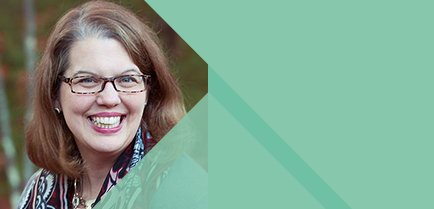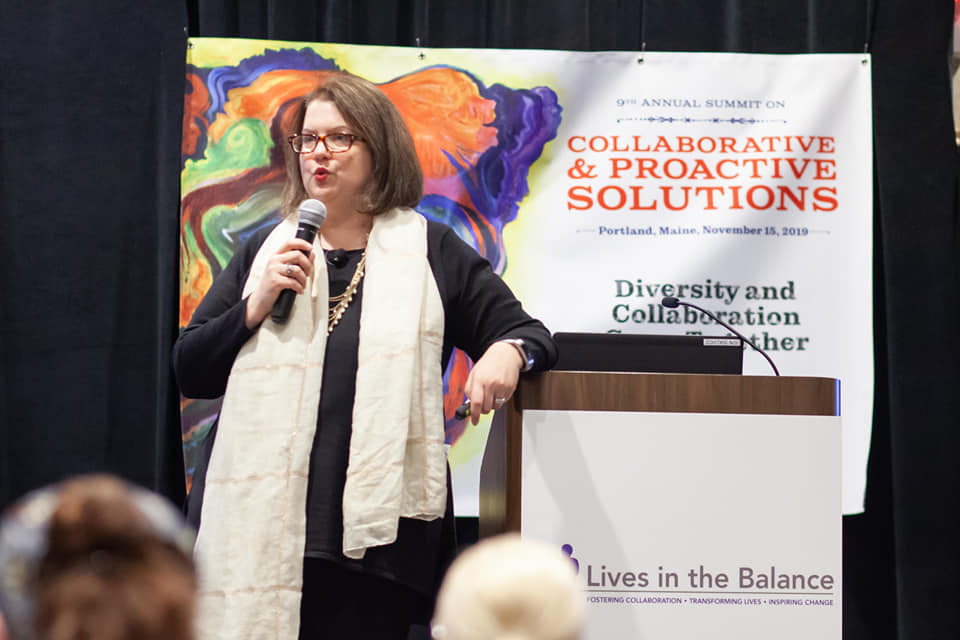Charity Bell is the very essence of charity.
She has been recognized as an ‘Everyday Hero’ by NBC’s Brian Williams, featured in Good Housekeeping, and celebrated in the Harvard Gazette. She is an activist, advocate, caregiver, opera singer, and above all, a survivor.
Her story is both inspiring and aspirational.
What started as a volunteer assignment in 1999, cuddling and caring for distressed infants, soon became a driving purpose for Charity. “I worked at a management consulting firm in downtown Boston and volunteered at the Tufts Floating Hospital for Children from 5:00 pm-10 pm. One night, I walked off the elevator and heard a little one screaming. The nurse said, ‘Thank God you’re here.’ I picked her up, and she immediately calmed down. They had to peel her off me when I left. I asked if she would be here tomorrow, and I came back the next night and the next night.”
Charity’s inexorable bond with the baby prompted her to explore becoming a foster parent. “I took the training, filled out the application, and while I couldn’t help her because someone else had fostered her, I began my life as a foster parent.”
To date, Charity has fostered over 150 children, primarily infants, most substance-exposed in utero. She fostered children while pursuing her master’s degree in public administration at Harvard Kennedy School and participating in the Rappaport Fellowship program.
Charity’s sense of compassion derives from her own experience as the child of a single mother struggling with mental health and addiction issues. Instability was the one constant in Charity’s life. Her mother’s frequent hospitalizations and extended stays resulted in several months of Charity living alone at 14. “I think it’s challenging for people who don’t grow up in chaos to understand what it’s like to grow up in chaos. Living alone would have been very traumatic had my life not been so messy from the time I was six. And for me, it was just a piece of what my life looked like.”
And it was during this time that a music teacher noticed Charity’s natural singing ability and her need for nurturing.
“I was an extremely strong singer, so I stood out. My teacher noticed that things were kind of rough for me. He and his wife took a great interest in me. He taught me how incredibly random life is, and to hope. My mother adored us but could not help us. Jamie and Linda taught me I could survive. I could get out of this, and things would be better. They told me, “you have to come to school; you have to finish high school. If you want a life better than your Mom’s, you know what you need to do.”
Jamie and Linda remain Charity’s closest family connections to this day. They are the only people in her life besides her sister (who moved out when she was 12) who knew Charity before she was 13.




